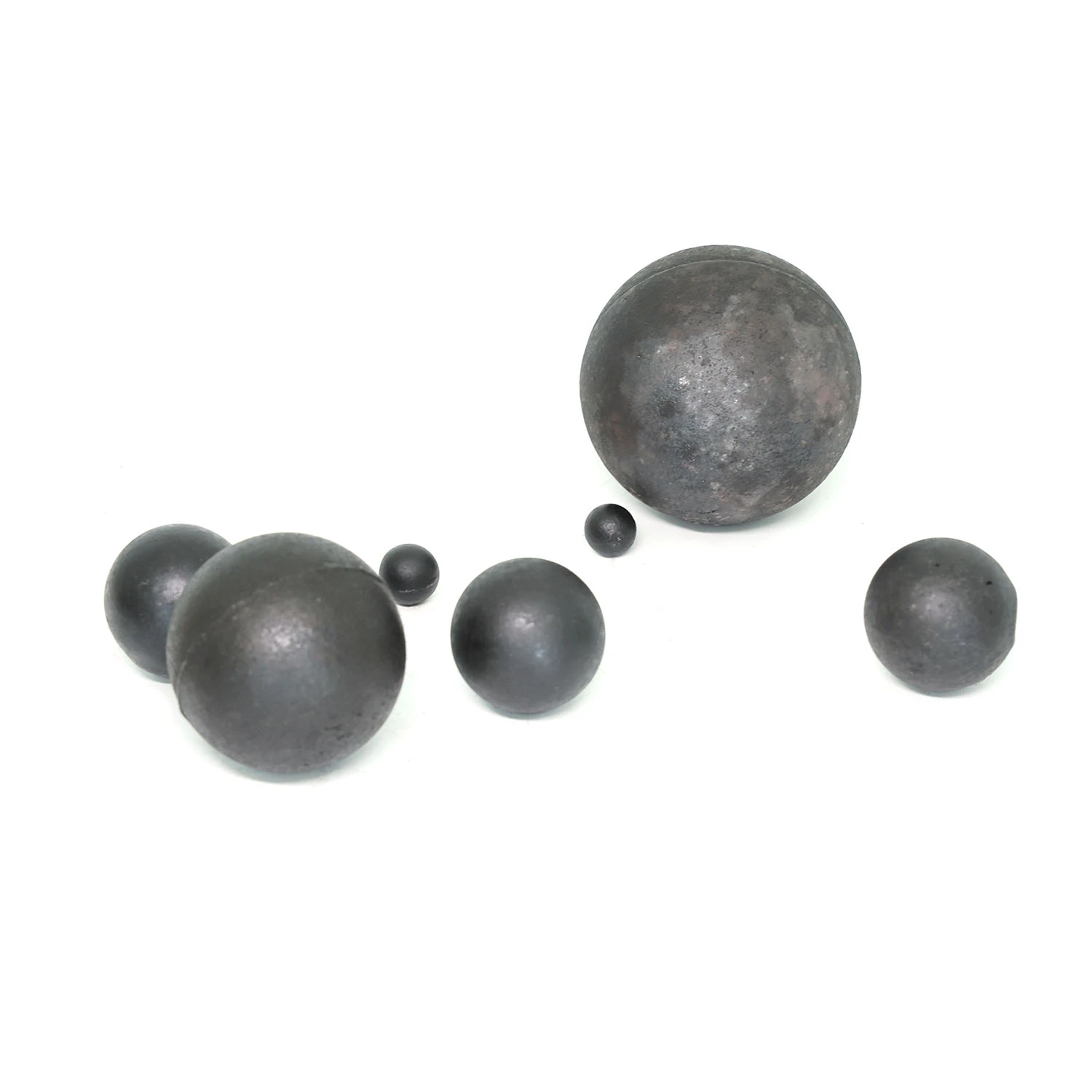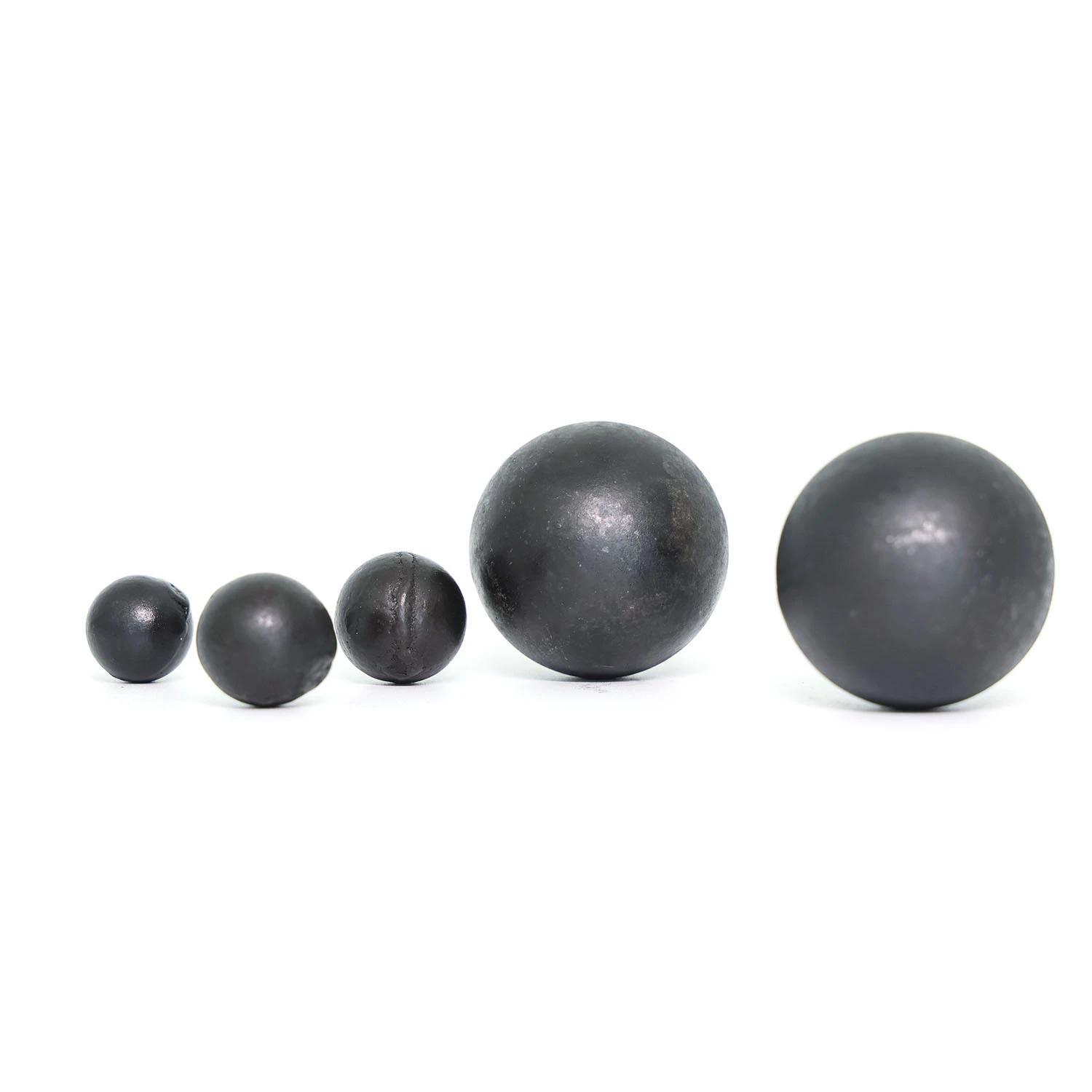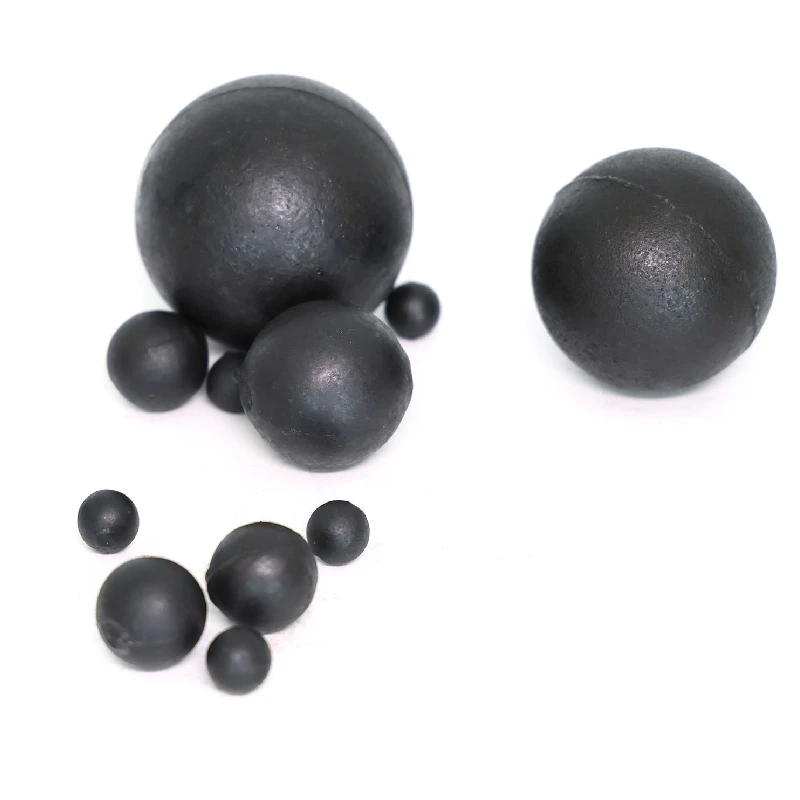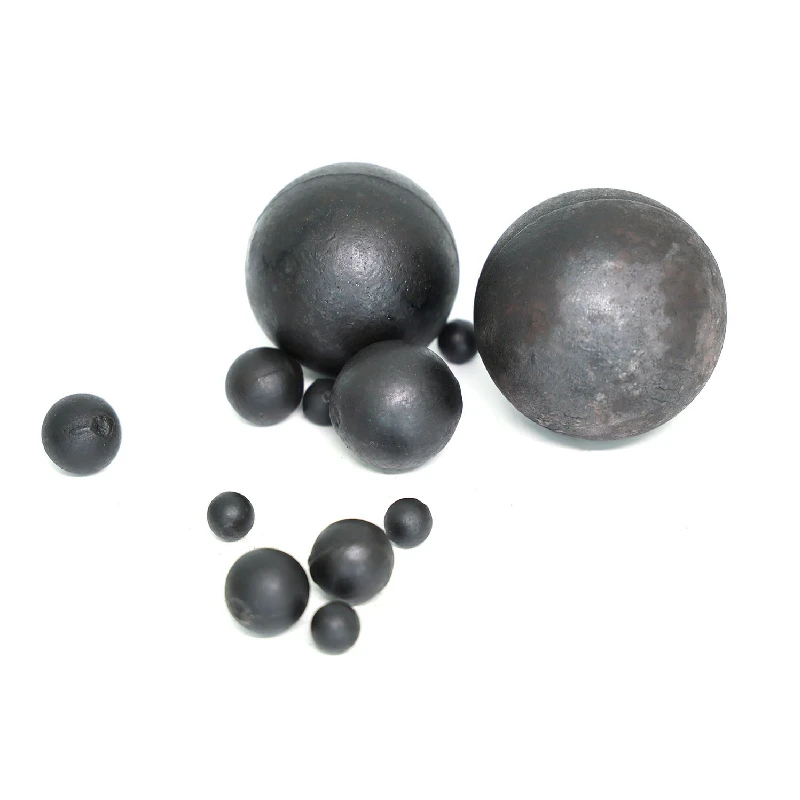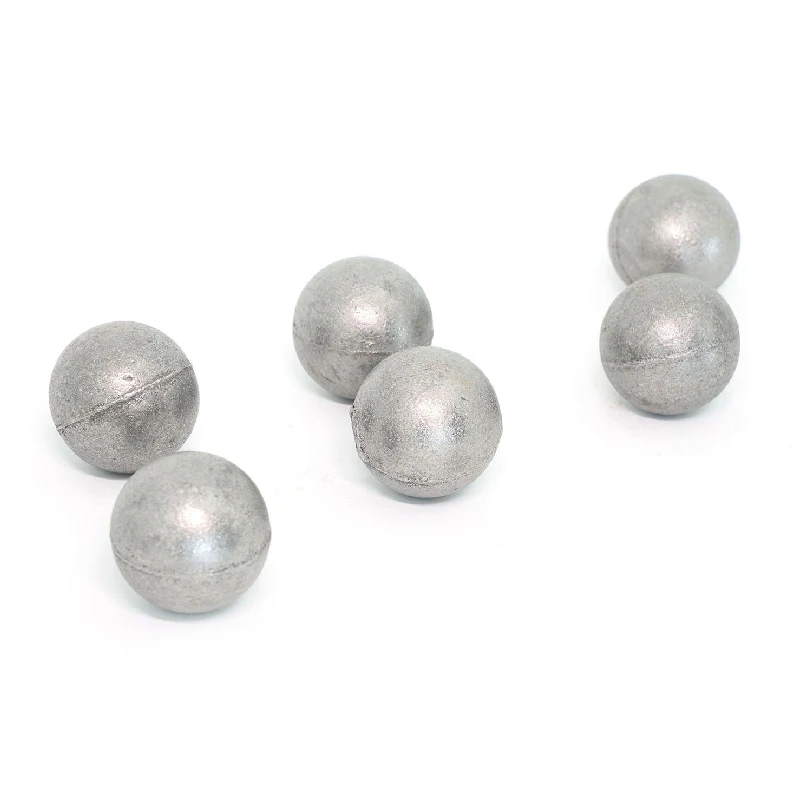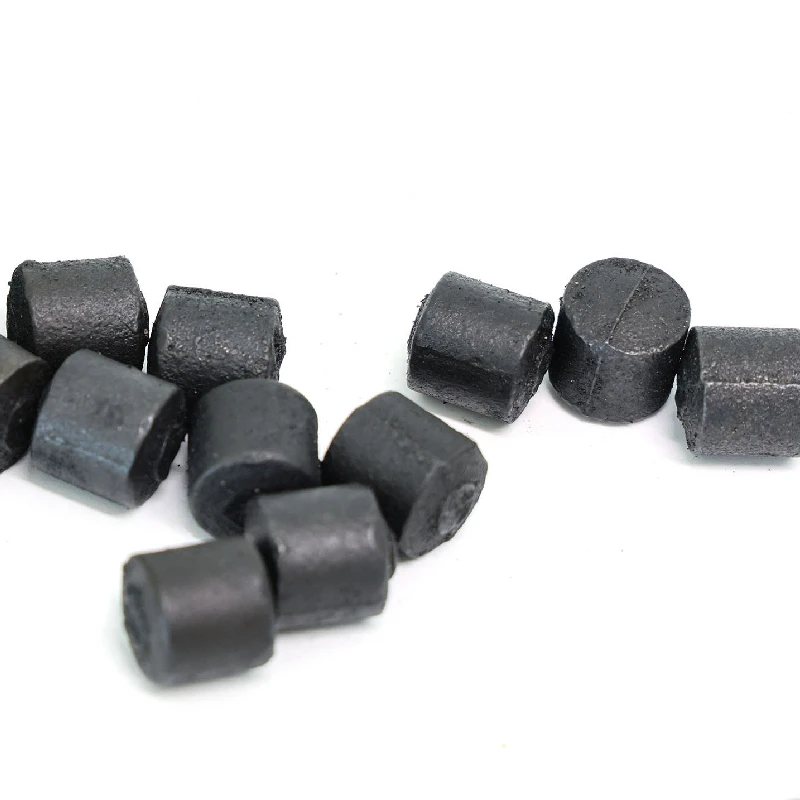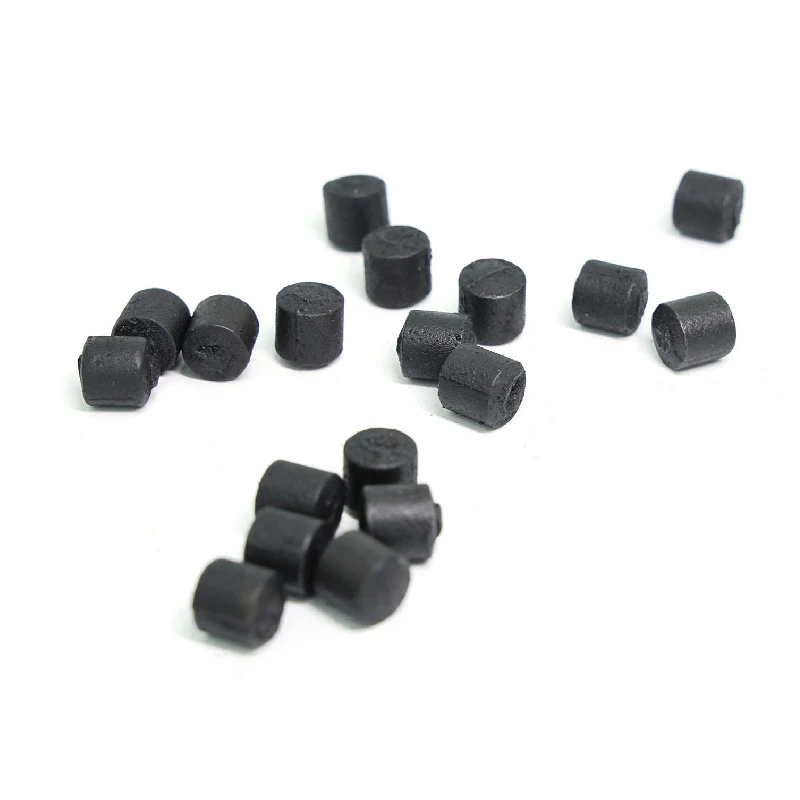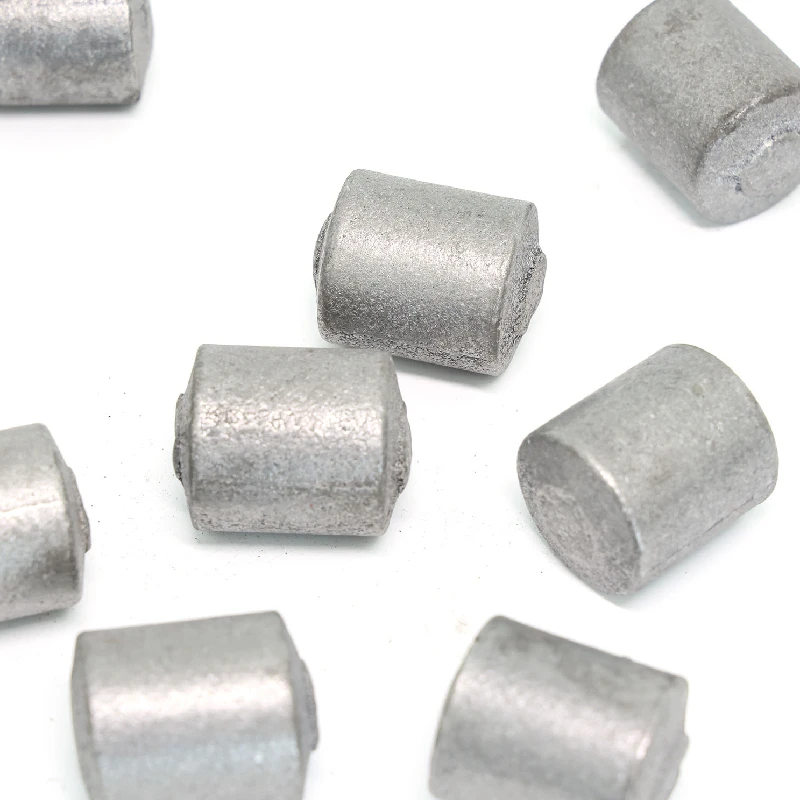- Afrikaans
- Albanian
- Amharic
- Arabic
- Armenian
- Azerbaijani
- Basque
- Belarusian
- Bengali
- Bosnian
- Bulgarian
- Catalan
- Cebuano
- China
- Corsican
- Croatian
- Czech
- Danish
- Dutch
- English
- Esperanto
- Estonian
- Finnish
- French
- Frisian
- Galician
- Georgian
- German
- Greek
- Gujarati
- Haitian Creole
- hausa
- hawaiian
- Hebrew
- Hindi
- Miao
- Hungarian
- Icelandic
- igbo
- Indonesian
- irish
- Italian
- Japanese
- Javanese
- Kannada
- kazakh
- Khmer
- Rwandese
- Korean
- Kurdish
- Kyrgyz
- Lao
- Latin
- Latvian
- Lithuanian
- Luxembourgish
- Macedonian
- Malgashi
- Malay
- Malayalam
- Maltese
- Maori
- Marathi
- Mongolian
- Myanmar
- Nepali
- Norwegian
- Norwegian
- Occitan
- Pashto
- Persian
- Polish
- Portuguese
- Punjabi
- Romanian
- Russian
- Samoan
- Scottish Gaelic
- Serbian
- Sesotho
- Shona
- Sindhi
- Sinhala
- Slovak
- Slovenian
- Somali
- Spanish
- Sundanese
- Swahili
- Swedish
- Tagalog
- Tajik
- Tamil
- Tatar
- Telugu
- Thai
- Turkish
- Turkmen
- Ukrainian
- Urdu
- Uighur
- Uzbek
- Vietnamese
- Welsh
- Bantu
- Yiddish
- Yoruba
- Zulu
មិថុនា . 04, 2025 11:22 Back to list
Unveiling the Impact of Steel Grinding Balls in Industrial Processes
In the realm of mineral processing, cement production, and various manufacturing industries, steel grinding balls serve as indispensable tools for achieving efficient size reduction of materials. These spherical components, designed to withstand high - impact forces and abrasion, play a pivotal role in the operation of ball mills, ensuring optimal performance and productivity. Alongside the technical aspects of steel grinding balls, the roles of ball mill balls suppliers, ball mill manufacturers, and grinding ball suppliers are crucial in delivering reliable products that meet the diverse needs of industrial clients.
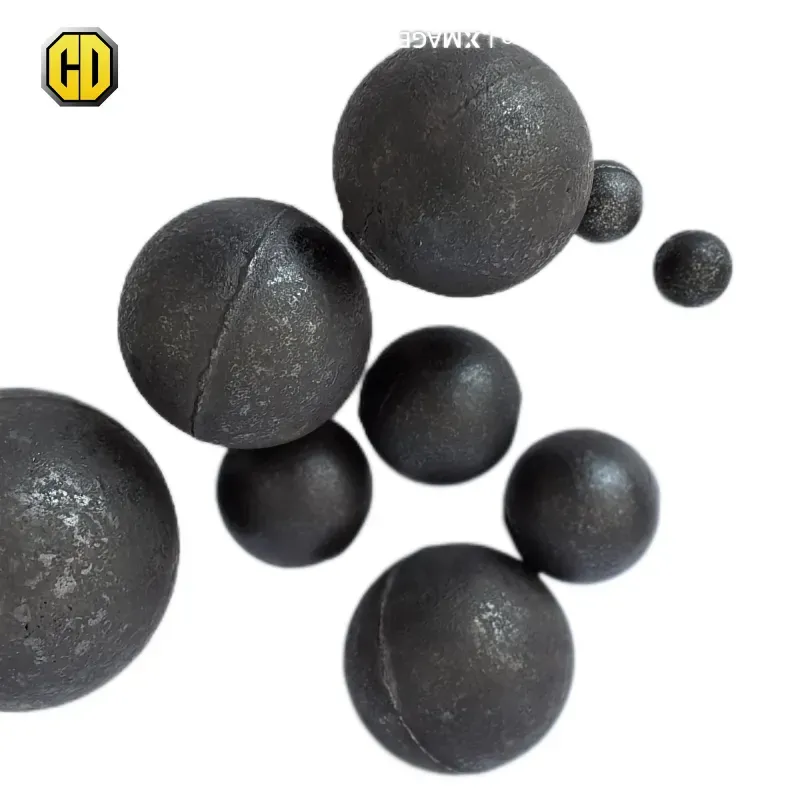
The Core Function and Design of Steel Grinding Balls
Steel grinding balls are engineered to excel in the harsh environment of ball mills, where they collide with ore, rock, or other materials to break them down into finer particles. Manufactured from high - carbon steel, alloy steel, or specialized materials like manganese steel, these balls vary in size, typically ranging from 20mm to 150mm, to suit different grinding applications. For instance, in mining operations, larger steel grinding balls are used in primary grinding stages to crush coarse ore, while smaller ones are employed in secondary stages for fine grinding. Their hardness and impact resistance are key properties, with surface hardness often ranging from 50 to 65 HRC, ensuring they maintain their shape and integrity even after prolonged use in high - stress environments.
The Role of Ball Mill Manufacturers in Delivering Quality Solutions
Ball mill manufacturers are at the forefront of producing not only the grinding equipment but also the essential components like steel grinding balls. These manufacturers invest in advanced casting and heat - treatment processes to ensure the balls meet strict quality standards. For example, some ball mill manufacturers use centrifugal casting or forging techniques to create balls with uniform density and minimal internal defects. They also offer customization options, allowing clients to specify ball size, material composition, and surface finish based on their unique grinding requirements. By integrating the production of ball mills and grinding balls, these manufacturers can provide comprehensive solutions, ensuring compatibility and optimal performance between the equipment and its components.
Services and Expertise Offered by Ball Mill Balls Suppliers
Ball mill balls suppliers bridge the gap between manufacturers and end - users, providing a wide range of steel grinding balls and related services. These suppliers often stock an extensive inventory of standard balls, making it easy for clients to source replacements quickly. Additionally, they work closely with ball mill manufacturers to offer specialized products, such as anti - corrosion coated balls for use in wet grinding environments or high - chrome steel balls for extreme abrasion resistance. Many ball mill balls suppliers also provide technical support, helping clients select the right ball type based on factors like the material being ground, mill speed, and desired output fineness, thus enhancing the efficiency of the grinding process.
Navigating the Market for Grinding Ball Suppliers
The landscape of grinding ball suppliers is diverse, with both local and international providers catering to industrial demands. When choosing a grinding ball supplier, factors such as product quality, delivery times, and after - sales service are crucial. Reputable suppliers ensure their balls undergo rigorous testing for hardness, impact resistance, and dimensional accuracy, providing certification documents to validate their performance. Some suppliers specialize in serving niche markets, such as the cement industry or mineral processing plants, offering tailored solutions that meet the specific challenges of those sectors. By understanding the unique needs of their clients, grinding ball suppliers contribute to the seamless operation of grinding processes worldwide.
FAQ: Key Insights into Steel Grinding Balls and Suppliers
How to choose the right size of steel grinding balls for a ball mill?
The size of steel grinding balls depends on factors like the feed material’s hardness, particle size, and the desired output fineness. Larger balls are suitable for coarse grinding of hard materials, as their mass generates more impact energy. Smaller balls are better for fine grinding, as they have a higher surface area to volume ratio, promoting more efficient attrition. Consulting with ball mill manufacturers or grinding ball suppliers can help determine the optimal size based on specific process parameters.
What maintenance practices extend the life of steel grinding balls?
Regular inspection for wear and tear, such as checking for cracks or uneven surface erosion, is essential. Maintaining proper ball load levels in the mill—neither overloading nor underloading—helps distribute impact forces evenly. Additionally, using the correct material grade for the application, such as high - manganese steel for abrasive environments, can significantly extend the lifespan of steel grinding balls.
Are there differences between grinding ball suppliers in terms of material quality?
Yes, grinding ball suppliers may offer balls with varying material compositions, such as low - carbon steel, high - chrome steel, or alloy steel. High - chrome steel balls, for example, offer superior abrasion resistance but come at a higher cost, while low - carbon steel balls are more economical for less demanding applications. Reputable suppliers clearly specify the material properties and performance data, allowing clients to make informed choices based on their budget and operational needs.
How do ball mill balls suppliers ensure timely delivery for industrial clients?
Many ball mill balls suppliers maintain large inventories of standard ball sizes and leverage efficient logistics networks to facilitate quick shipping. For customized orders, they work closely with ball mill manufacturers to streamline the production process, providing clear timelines and regular updates to clients. Some suppliers also offer just - in - time delivery services, reducing inventory holding costs for industrial clients.
Can grinding ball suppliers provide customized solutions for unique applications?
Yes, most grinding ball suppliers collaborate with manufacturers to offer customized solutions. This includes producing balls with specific hardness levels, surface coatings, or alloy compositions to meet the requirements of unique grinding environments, such as high - temperature settings or corrosive media. Customization ensures that the steel grinding balls are optimally suited to the client’s process, enhancing both efficiency and cost - effectiveness.
-
Unveiling the Mechanics and Applications of Grinding Media in Ball Mills
NewsJun.04,2025
-
Understanding the Role of Lead - Based Grinding Aids in Industrial Processes
NewsJun.04,2025
-
Understanding the Critical Role of Grinding Media Providers in Industrial Operations
NewsJun.04,2025
-
Exploring the Role of Stainless Steel Balls in Ball Mill Operations
NewsJun.04,2025
-
Efficient Grinding Solutions: Pebble Mills and Ball Mill Variants
NewsJun.04,2025
Realted Products


